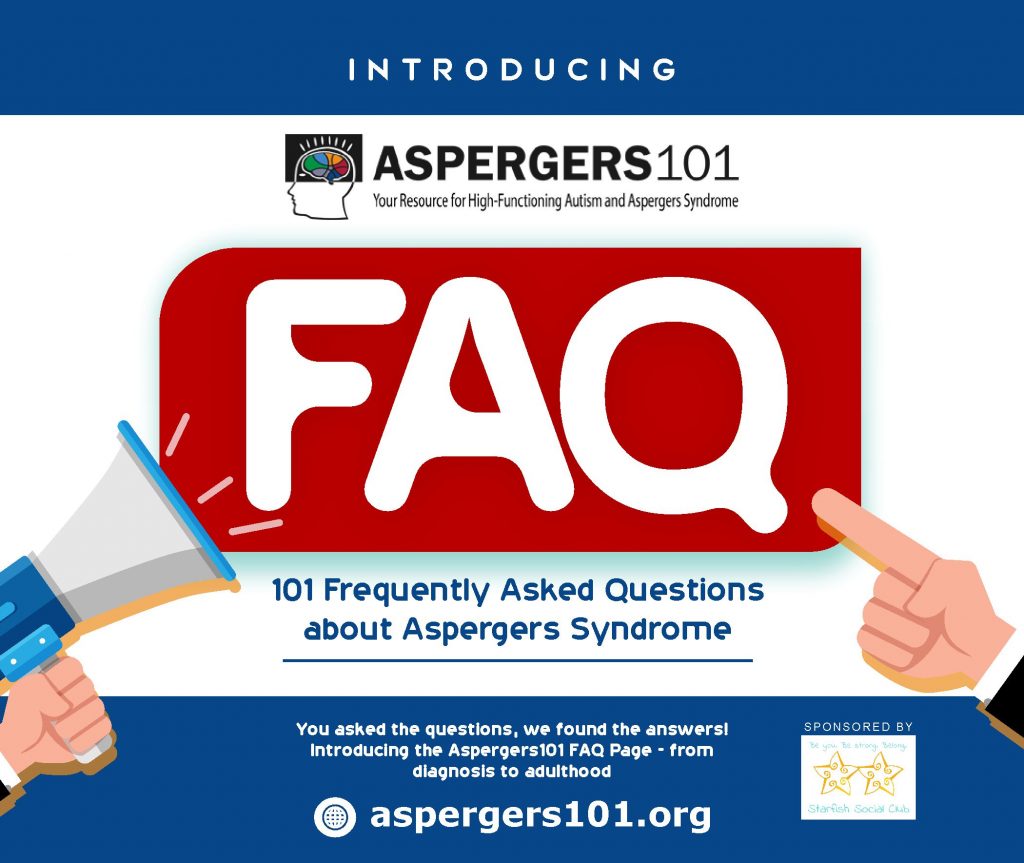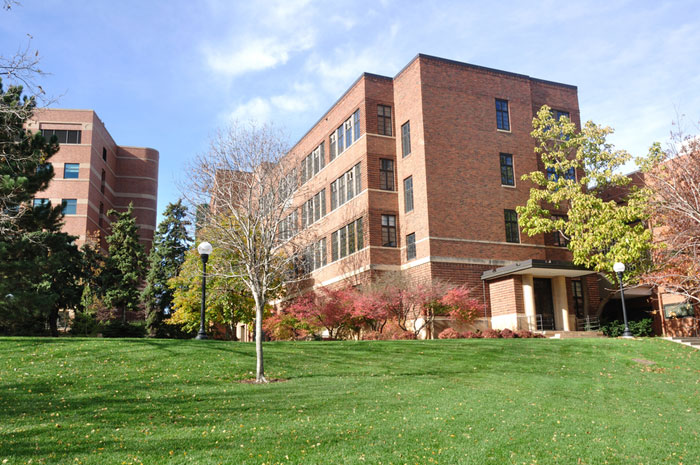23 Truths I learned From Social Skills Training
When I was diagnosed with Aspergers, my parents enrolled me in 48 hours a week of social skills and coping mechanism training. That was 10 years ago. These are 23 friendly suggestions I still find to be true and carry with me today.

My 23 Truths
- Never follow advice that you intend to carry out by hurting another living being.
- Find what you love and pursue it even if it means working twice as hard in other areas of your life in order to do so. It can be one thing or it can be many. Obsessions and interests can lead to successful careers. Additionally, if you’re interested in a task you’ll do better at it.
- Following blind happiness is a better decision than choosing certain unhappiness, as long as you apply appropriate practical skills and common sense (which can be learned in a Google search). No matter where you are and what situation you may be in, this isn’t your parent’s, boss, or teacher’s life, it’s your own. With the accumulation of knowledge and self discovery you can make choices that will shape the life you want. If you want to be a scientist, do what you need to in order to make that happen. That path is not exactly linear, you might have to do things differently than others, but that doesn’t make it bad or wrong to pursue. I had an incredible amount of difficulty socially when I started college in Charleston, SC. It was the weirdest feeling because I had wonderful friends there as well as great education and academic support. It never made sense why I was unhappy there but the moment I moved up to Boston 2 years ago, the unhappiness slipped away. Against the advice of my family, I drove to Boston, found an apartment, and an internship in one weekend, and met the love of my life. This move was all based on the feeling that Boston was the place I needed to be. I fit in well because I could talk to people about quantum physics and current issues, and have people eagerly teach me more than I could possibly understand, rather than think I’m weird.
- If one way doesn’t work, don’t linger on the frustration of a broken road. Find a better way.
- Study with people who are smarter than you and sit next to the nicest person in class.
- A great idea implemented in an effective way will always trump prestige and superficial qualities that seem out of reach for those on the spectrum. Your mind is an asset, and if you use it properly without shame or pride, you can change the world.
- The best way to figure out whether someone is manipulating you or helping you is to ask yourself: Do they want something from me? People can only manipulate you if you have something they want. Special educators sometimes neglect the needs of high-functioning autism in order to retain disability funds.
- Finding who you are is a continuous journey, not a specific event that happens. It frustrates me how adolescence is deemed a time of searching for identity, because it implies that becoming an adult means you know every aspect of who you are. That’s a bunch of Bologna. I’ve met people of all ages who vary in behavioral patterns and world views. Accept, understand, and utilize your strengths as they are at this moment, and use a growth mindset to improve yourself.
- The easiest way to interact with someone who thinks and feel differently then you do is to ask them questions.
- In a debate, argument, or conflict, always validate the opposing persons view before stating your own view.
- When in doubt, Google. When googling, question the reliability and truth of everything. Look at the people who make claims, and ask yourself if they have a sufficient amount of knowledge to make such a claim. The more proactive you are in your education, the less you have to rely on others for answers. You can find all laws, licenses, addresses, and criminal records within a simple click. This is something you should do in regards to everyone involved in providing accommodations for you such as counselors, doctors, and tutors.
- Social media is not a substitute for in person interaction. Social skills like table manners or looking someone in the eye when you shake their hand are invaluable.
- Don’t take advice from hypocrites. For example, don’t take relationship and marriage advice from someone whose had 3 marriages end in divorce.
- Vaccines do not cause autism. This study was published by a scientist who was jaded by his funding sources, and falsified his data in order to get published. The journal that published his research revoked the paper, and denounced its validity after learning the truth of his research methods.
- Firm and non-flexible opinions stunt intellectual growth and stifle your own truth. Research all sides of one issue before deciding for yourself.
- Make choices that bring you closer to your goals, not based simply on what you feel. Mastering this habit will help you overcome lethargy, anhedonia, and other symptoms of depression and social anxiety associated with Aspergers.
- People are just people. No matter what it may seem, the most seemingly superficial or flawless of individuals have imperfections and insecurities. The success of a person is determined by how they deal with their imperfections and insecurities, not the existence of them. Everyone has their weaknesses, some people are just better at hiding it than others.
- The energy you put in will be returned to you. Say positive things to yourself and surround yourself with positive people even if you don’t feel it, because it will make your surroundings positive and supportive to who you are. You might have to boot out some psycho family members or close friends if they are creating more negative emotions than positive, but trust me it’s worth it. Be brave, set those boundaries so you and others can be inspired to improve.
- The easiest way to affect an individual’s first impression of you is with make up, hair, clothes,and body posture. Changing facial expression, tone, and word choice take a lot more work. Hair and makeup never came naturally to me and I didn’t start learning how to use them until I went to college. Pinterest has lots of simple tutorials. Because of sensory issues, I only wear makeup for special events.
- People are not divided into two categories of “weird” and “normal”. Everyone exists on a spectrum.
- Go out of your way to figure out what aspects of yourself you can improve on, and which ones you can’t. Love every part of yourself either way.
- There is never any need to be mean. Being nice does not equate to being a pushover and you can always present constructive criticism in a respectful manner.
- Keep firm boundaries in the work place. Your personal and private life are better left separate. If you don’t believe me, try bringing up your aunt’s kidney stone as a casual conversation and tell me how it goes.
I send all my love and support to all of you reading this post.
-Alix
Alix’s childhood was hindered by undiagnosed Aspergers until she learned to harness her gifts. Now, at 21 years old, she has already done what most people can only hope to do in their lives; speak to the UN, make a major scientific contribution, give a TED talk, and travel the world.
Alix was misdiagnosed as a child. Told she was strickened with a plethora of mental illnesses and learning disabilities, she spent years desperately seeking answers until she found the right kind of help that enabled her to flourish; piano playing, composing, ballet and science.
Alix is an undergraduate student in Vermont working toward a degree in neuroscience. She is also currently working on several research projects studying autism and schizophrenia. She utilizes the college learning disabilities accommodation program and now lives comfortably with her challenges. Aspergers101 is thrilled to offer you the insights and brilliance of Alix!















